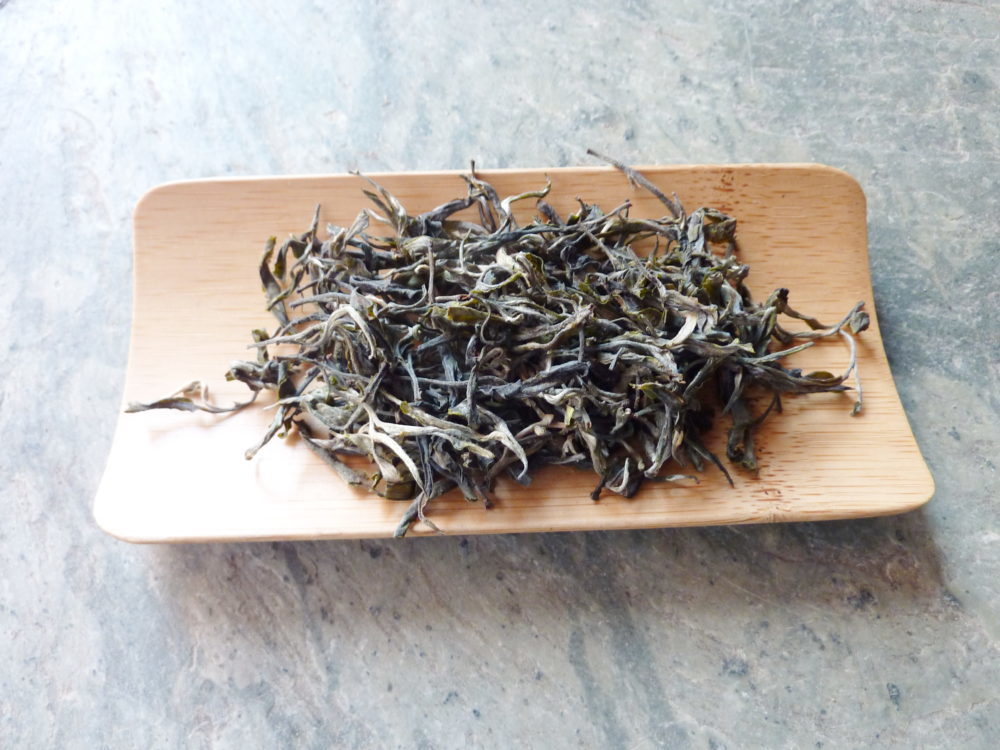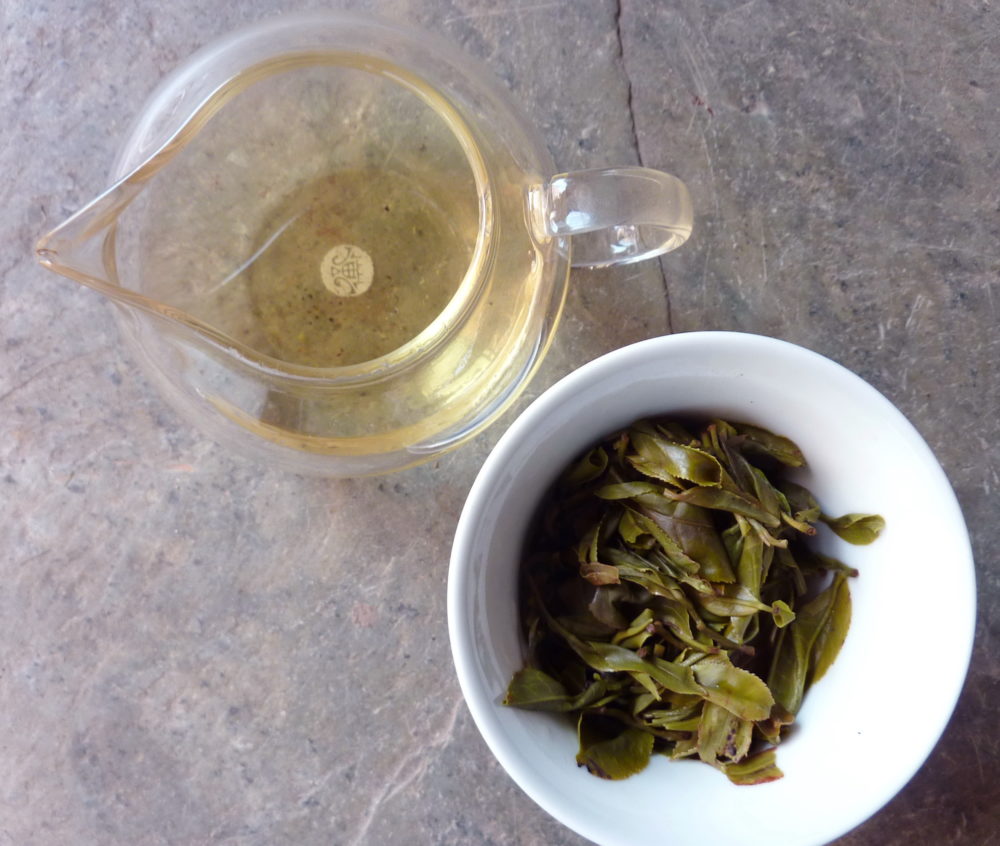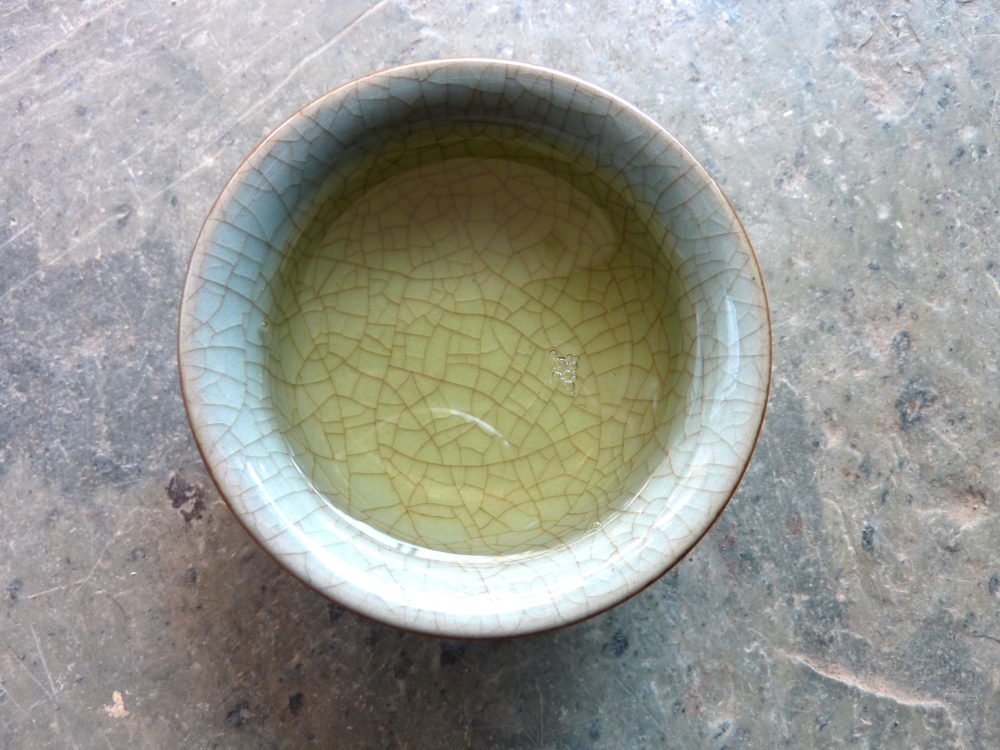In the Yorkshire Dales where I grew up, the village school had no kitchen and school ‘dinners’ as we called them we ferried in from the town about seven miles away. I remember them arriving mid-morning in big alloy warming containers. The food wasn’t good and I had a particular dislike of the carrots which were badly overcooked. I unfortunately took the dislike home with me, where carrots on my plate were an unwelcome sight. ‘They’re good for you.’ my mother would say, which my eldest sister, being the enforcer, would reiterate. It took me till adulthood to re-calibrate my perception of cooked carrots. It maybe also left me with a residual disregard for doing something ‘because it was good for me’.
I can’t imagine many people drink wine or whiskey, or coffee, because they think ‘it’s good for them’. We drink those things because we enjoy them, savour the taste, the aromas, the sensations they produce in us. Unfortunately tea seems to have got boxed into the ‘drink it ’cause it’s good for you’ corner. My first reaction to hearing somebody championing the ‘drink it ’cause it’s good for you’ point of view is that whatever it is they’re drinking probably doesn’t taste good if that’s the main justification for drinking it. Why else would you use that as a selling point?
Puer, particularly raw Puer from old or ancient tea trees has got more than its fair share of stuff that’s good for you in it. Many years ago it was ‘ripe’ Puer that got the attention: the ‘weightloss tea’. The tea that some footballer’s wife drank to help keep in trim. Much early research also seemed to focus on pile fermented Puer because, I imagine, to a chemist the process of pile fermenting is somehow a more interesting topic for research. ( I certainly have a dog in the race and might as well at this point stick my neck out and say that I think ‘cooked’ Puer shouldn’t even be called Puer, having no historical basis, and bearing little resemblance to real Puer. Like coffee and instant coffee, they share a passing resemblance but can hardly be confounded). Anyway, it was a few years before there seemed to be much research around on younger and naturally aged Puer tea. What came to light was that pile fermented Puer had greatly reduced amounts of substances such as catechins, gallo-catechins and what have you because in the fermenting process much of the naturally occurring constituents got converted to gallic acid and thearubigins (the stuff that makes it look red), etc, and conversely there was actually more caffeine in the ‘pile fermented tea than in the ‘raw’. Conversely, it appears, that naturally aged raw Puer tea has a balance of whatever it had in it originally, but over time the less stable compounds: gallocatechins, epigallocatechins, being the first to get reduced to other things: equally good for you.
If you think something is good for you, it probably is, even if for others it may not be so. Surely the most injurious thing is to persist in something which you believe to be bad for you. So drink tea you enjoy. And if you think it’s good for you, it probably will be.Tea Health



